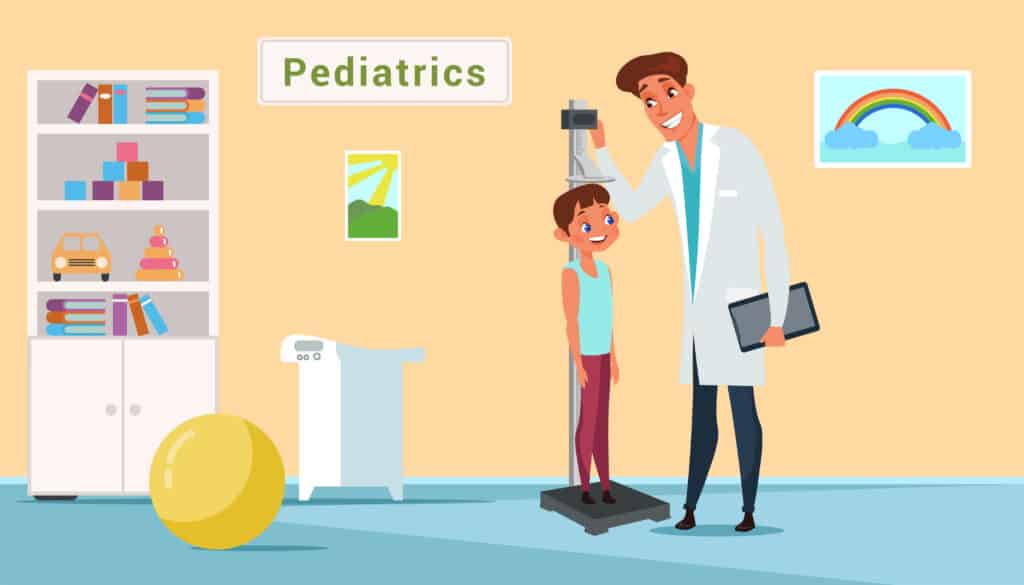- Home
- Product
- Patient
- Order Online
- Prescription Quote
- Collect at your Pharmacy
- Find a Pharmacy
- Find a Integrative Doctor
- Track my Medicine
- What is a Compounding Pharmacy?
- Child Friendly Medication
- Vet & Animal Compounding
- Easy to Swallow Pills
- Motion & Seasickness
- Medication without the Additives
- Unavailable Medications
- Schedule 8 Shipping Waiver
- Pharmacists
- Prescribers
- Shop
- FAQs
- About
- Careers
- Contact Us
- Home
- Product
- Patient
- Order Online
- Prescription Quote
- Collect at your Pharmacy
- Find a Pharmacy
- Find a Integrative Doctor
- Track my Medicine
- What is a Compounding Pharmacy?
- Child Friendly Medication
- Vet & Animal Compounding
- Easy to Swallow Pills
- Motion & Seasickness
- Medication without the Additives
- Unavailable Medications
- Schedule 8 Shipping Waiver
- Pharmacists
- Prescribers
- Shop
- FAQs
- About
- Careers
- Contact Us
Paediatric Medicine: The Role of Compounding Pharmacies
Introduction: When it comes to paediatric medicine, providing accurate and appropriate dosages can be challenging. Children often require individualised treatment based on their age, weight, and specific needs. This is where compounding pharmacies play a crucial role. Compounding pharmacies specialise in preparing customised medications that meet the unique requirements of each patient. In the realm of paediatric medicine, compounding pharmacies provide a valuable service by formulating medications with custom dosages and forms tailored to the needs of children. In this article, we will explore the significant role of compounding pharmacies in assisting with paediatric medications.

Customised Dosages for Children: Children vary greatly in size and weight, and their bodies metabolise medications differently compared to adults. Standardised dosages available in commercially manufactured medications may not always be suitable or safe for children. Compounding pharmacies have the ability to create medications in precise dosages that match the specific needs of paediatric patients. Pharmacists working in compounding pharmacies can collaborate with healthcare providers to formulate medications in strengths and forms that are most appropriate for children. This ensures accurate dosing and reduces the risk of adverse effects or ineffective treatment.
Alternative Forms for Improved Administration: One of the challenges faced in paediatric medicine is the administration of medications to children who may have difficulty swallowing tablets or capsules. Compounding pharmacies can address this issue by formulating medications in alternative forms that are easier for children to take. For example, they can prepare liquid suspensions, flavoured solutions, oral dissolvable tablets, transdermal gels, or even lollipops. By providing medications in child-friendly forms, compounding pharmacies promote better adherence to treatment plans and increase the likelihood of successful therapy outcomes.
Addressing Allergies and Sensitivities: Children may have allergies or sensitivities to certain ingredients commonly found in commercially available medications, such as dyes, preservatives, or gluten. Compounding pharmacies can help by creating medications that are free from specific allergens or irritants, ensuring the child’s safety and comfort. The ability to exclude or substitute ingredients based on individual sensitivities is a significant advantage of compounding pharmacies, as it allows for personalised care and reduces the risk of allergic reactions.
Combination Medications: In some cases, paediatric patients may require multiple medications to address different health conditions simultaneously. Instead of administering multiple separate medications, compounding pharmacies can combine the required medications into a single dosage form. This simplifies administration for parents or caregivers and improves medication adherence for children, as it reduces the number of medications they need to take. By creating combination medications, compounding pharmacies contribute to a more streamlined treatment process and a better overall experience for both the child and their caregivers.
Conclusion: The role of compounding pharmacies in paediatric medicine is invaluable. By providing customised dosages and alternative forms of medications, compounding pharmacies assist in meeting the unique needs of children. They ensure accurate dosing, improve medication administration, and address allergies and sensitivities. Moreover, the ability to create combination medications simplifies treatment regimens and enhances medication adherence. In collaboration with healthcare providers, compounding pharmacies play a vital role in optimising paediatric care, ultimately contributing to the improved health and well-being of children.
